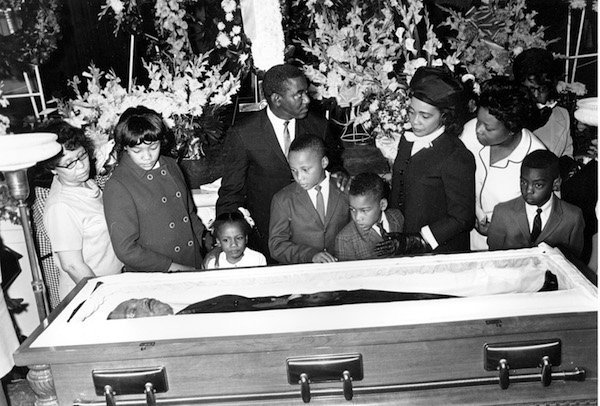By Ashook Ramsaran
The Indian Diaspora Council International (IDC) and its global affiliates join with other organizations, agencies, officials, groups, individuals and institutions worldwide in remembering Martin Luther King Jr. on the 50th anniversary of his assassination on April 4, 1968 in Memphis, Tennessee, USA.
We pay special homage and grateful recognition of Martin Luther King Jr’s preeminent leadership of the modern American Civil Rights Movement, from 1955 to 1968, during which time African Americans achieved more genuine progress toward racial equality in America than the previous 3 centuries had produced. He championed equal rights which led to the 1965 US Civil Rights Act legally barring discrimination and segregation in all segments of American society.
Martin Luther King Jr. was an American Baptist minister and activist who became the most visible spokesperson and leader in the civil rights movement. He was born on January 15, 1929 and assassinated on April 4, 1968. Martin Luther King Jr. believed that peaceful refusal to obey unjust law was the best way to bring about social change. His adherence of Gandhian non-violence teachings for peaceful protests to achieve freedom and social justice have inspired many to protest in peaceful ways against oppression, colonial rule, subjugation and violent discrimination in many countries.
The life and legacy of Martin Luther King Jr. provide inspiration, challenges and reminders of the possibilities for good, as well as the role and responsibility of everyone to be supportive of advancing social justice in even small ways. One of his famous quotes: “Human progress is neither automatic nor inevitable. Every step toward the goal of justice requires sacrifice, suffering, and struggle; the tireless exertions and passionate concern of dedicated individuals”.
The world owes Martin Luther King Jr. a debt of gratitude.
(The author is President of Indian Diaspora Council International. He can be reached at AshookRamsaran@gmail.com/ Mobile (USA) +1 917 519 5783)
